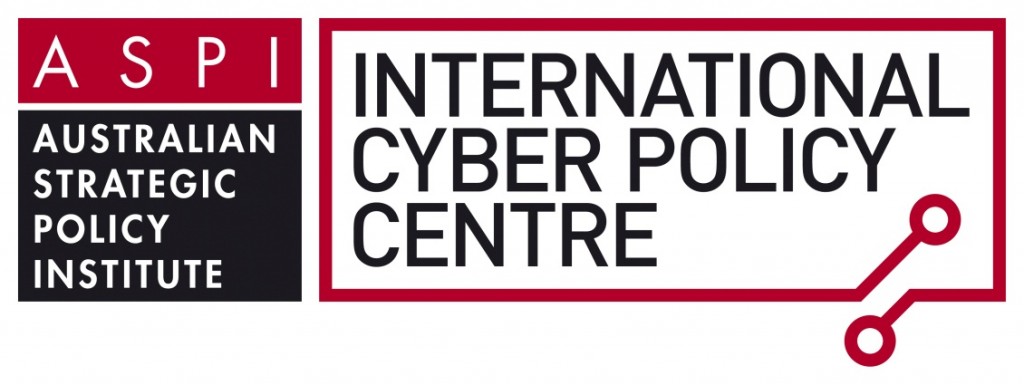 Bilateral relations between great powers have been shaken by cybersecurity troubles over the last week. US-Germany relations have deteriorated after Germany arrested an employee of its own Federal Intelligence Service, accusing him of spying for the US. If the allegations are confirmed, ‘then that is really a gamble with friendship and a close alliance’, said President Joachim Gauck. In a show of displeasure, Germany summoned US Ambassador John Emerson to the Foreign Ministry on the fourth of July for ‘swift clarification’, moments before the US Embassy Independence Day celebrations. This is a new blow to a relationship still recovering from the Snowden fallout last year, when the NSA was accused of monitoring millions of Germans’ electronic data, including Chancellor Angela Merkel’s mobile phone.
Bilateral relations between great powers have been shaken by cybersecurity troubles over the last week. US-Germany relations have deteriorated after Germany arrested an employee of its own Federal Intelligence Service, accusing him of spying for the US. If the allegations are confirmed, ‘then that is really a gamble with friendship and a close alliance’, said President Joachim Gauck. In a show of displeasure, Germany summoned US Ambassador John Emerson to the Foreign Ministry on the fourth of July for ‘swift clarification’, moments before the US Embassy Independence Day celebrations. This is a new blow to a relationship still recovering from the Snowden fallout last year, when the NSA was accused of monitoring millions of Germans’ electronic data, including Chancellor Angela Merkel’s mobile phone.
Another great-power relationship in a state of measured repair is the US-China one, as they begin the sixth Strategic and Economic Dialogue in Beijing today. In the past, the dialogue has been a platform for both countries to address bilateral, regional and global challenges, including cybersecurity cooperation, and this year’s meeting comes at a critical time to stabilise the bilateral relationship. The spanner in the works is China’s suspension of the cybersecurity working group after the US Department of Justice indicted five PLA officials in May this year. While China has indicated that talks will resume once the indictments are revoked, US Treasury Secretary Jacob Lew has signalled that the US will continue to broach cybersecurity issues at the dialogue. Experts over at Brookings have a ‘what you need to know’ discussion piece about the meeting.
Big-data research in Australia has had a significant boost with the opening of an $88 million big-data research and development centre in Adelaide last week. The Data to Decisions Cooperative Research Centre (D2D CRC) looks at how defence and national security agencies can use big data to predict cyber and physical threats to Australia. ‘Addressing big-data challenges and applying high-performance analytics can make the difference between predicting a threat and reacting to a catastrophic aftermath’ said chair Tim Scully.
In London, the ICANN50 meeting has come and gone. Two major initiatives were outlined by Theresa Swinehart, Senior Advisor to the ICANN President on Global Strategy, in her closing reflections: enhancing ICANN’s accountability mechanisms in light of its changing historical relationship with the US administration; and transitioning National Telecommunications and Information Agency’s stewardship of the Internet Assigned Numbers Authority functions. Our own Klée Aiken has tackled both issues of accountability and the transition. His take: this ‘rocky start doesn’t bode well for Internet governance reform’.
Cybersecurity myths are tall as they are plentiful. Over at Wired, Peter W. Singer and Allan Friedman have set out to debunk five myths, starting with myth #1: cybersecurity is unlike any challenge we have faced. Rachel King is busting her own myths on the Wall Street Journal blog, arguing that ‘air gaps’ (isolating networks from unsecured networks) aren’t the extraordinarily safe network security measure they’re made out to be. Finally, Cora Currier at the Columbia Journalism Review addresses the issue of misusing the ‘cyber’ prefix, leading to under-analysis of cybersecurity related issues and a vast conflation of supposed ‘cyber’ problems.
And on a lighter note, Australian actor Chris Hemsworth is set to play the Good Hacker in the upcoming Michael Mann film out in January 2015. In the yet-to-be-titled thriller, Hemsworth will work with Chinese pop sensation Leehom Wang to take out those wicked Bad Hackers.
Simon Hansen is a research intern in ASPI’s International Cyber Policy Centre.

